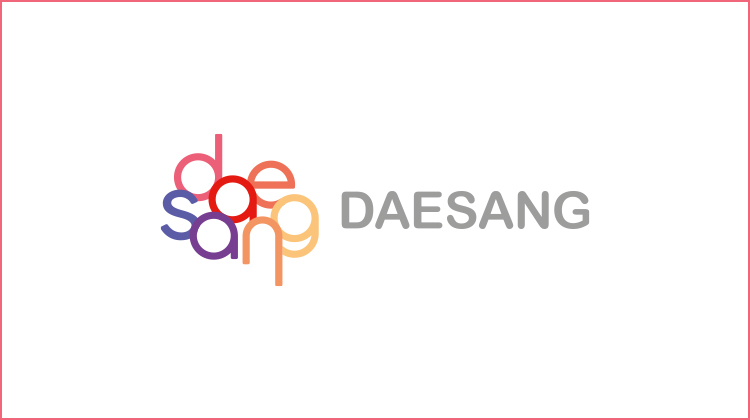Use Case
Discover how global leaders drive innovation and growth with our next-generation B2B IT solutions.
Join us on a journey of transformation, exploring success stories from multinational corporations.
-
SAP Business One
Daesang | Overseas Subsidiary ERP Implementation Project (Japan, Vietnam, China)
2016.09.30.
-

Company Overview
Since its establishment in 1956, Daesang has grown into one of the world’s top three fermentation specialists and the leading comprehensive food company in Korea, pursuing a vision of creating a happy future through healthy food culture. While focusing on its comprehensive food business, Daesang has also achieved global competitiveness in the bio sector, including the development of glutamic acid production technologies. With its flagship Korean food brands "Chungjungone" and "Jongga," Daesang is expanding its healthy and fresh food culture to Japan, Thailand, Vietnam, the Philippines, the U.S., Europe, China, and Hong Kong.
Customer Needs
Although Daesang operates overseas subsidiaries in Japan, Vietnam, and China, the lack of digital management infrastructure at these locations posed challenges in establishing an integrated information system between the headquarters and subsidiaries. Inventory management was performed manually, resulting in a lack of transparency in stock monitoring, and separate accounting and logistics systems at the headquarters and subsidiaries made consistent data management difficult.
Why Woongjin and the Solution were Chosen
Woongjin has extensive references in implementing overseas sales and production subsidiaries for global brands across various industries. When establishing overseas subsidiaries, Woongjin ensures visibility across the entire business flow by integrating systems with the headquarters. Furthermore, Woongjin develops customized functions tailored to the operational needs of each subsidiary through a variety of add-on solutions.
Results
Following the implementation of SAP Business One, Daesang significantly improved the transparency of inventory management, which had previously been managed using Excel. The company can now track the flow of inventory that was previously omitted due to manual processes and enhance customer management through lot tracking. In addition, system integration with the headquarters simplified order processing and increased operational efficiency. Recording the entire process from procurement to production and sales within the system has improved the reliability and usability of internal management information.
Project Keywords
#SAP #Global #FoodIndustry #BIO #Sales